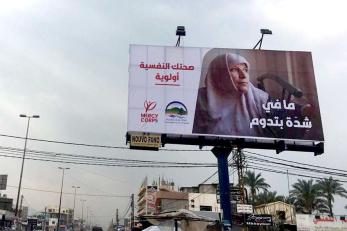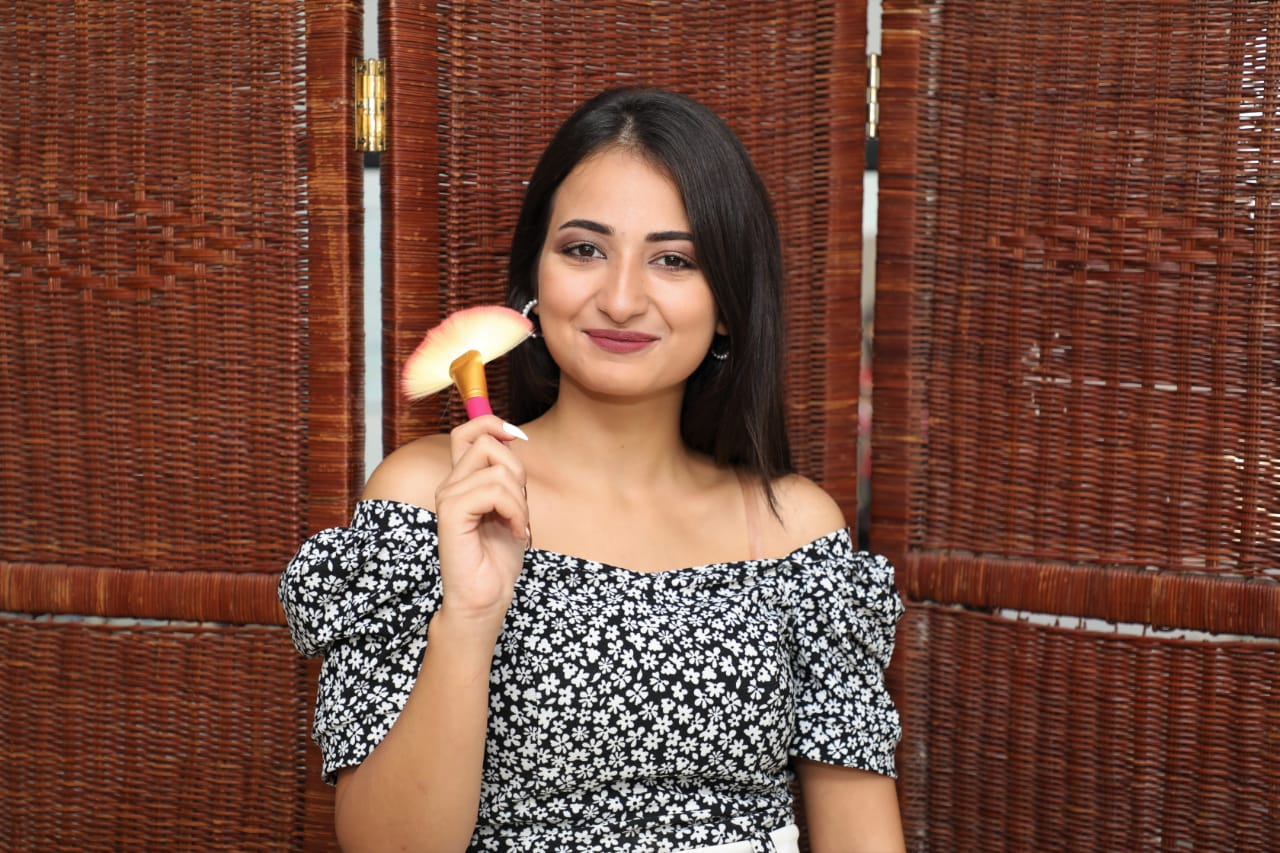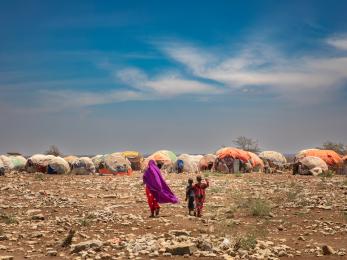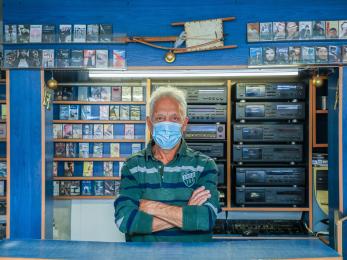Bringing communities together in a time of isolation

The COVID‑19 pandemic has and continues to exacerbate existing difficulties that many communities face across the world. In Lebanon, where we have been dealing with an ongoing economic, social, and political crisis, the pandemic intensified feelings of hopelessness. Tensions within Lebanese communities and Syrian refugee residents, all struggling to build and maintain their livelihoods, are at a critical point.
Currently, over 1.8 million Lebanese, roughly 40% of the Lebanese population, are estimated to live below the national poverty line. Meanwhile, nine out of 10 Syrian refugee families in Lebanon are living in extreme poverty, and Palestinain refugees face strict work limitations and are at risk to contract COVID‑19 in cramped camps. For some people who lived through the 15-year Lebanese civil war, our present situation has been described by them as worse than during the time of active conflict.
In the Mercy Corps Lebanon offices, our staff thought deeply about how we can support our communities and decided to focus on the fact that everybody is hurting. Everyone is in this awful situation together. As the programme manager for IJMAA—which means “to bring together” in Arabic—our priority was to work closely with local organisations and the government to bridge communities with one another.
Through IJMAA, we partnered with a media company to create a campaign that highlighted the need for mental health awareness, solidarity, and how to combat fake news. Through national and local surveys, we found that a majority of people were overwhelmed. They faced deteriorating mental health without guidance on how to get support. Tensions between communities and lack of COVID‑19 awareness were being stoked by baseless posts shared on social media. And, most importantly, we realised that it was necessary to emphasise solidarity. We need to band together and help each other through this because it’s the only way out.
I saw firsthand how IJMAA team members, who are a part of the local communities, were not only facing similar issues around mental health themselves but were also navigating it with their own families and friends. We kept in constant contact with community members to listen to how they had been impacted. We heard about the fear of the unknown and, in the first video for mental health awareness, we showed how there is light at the end of the tunnel and to prioritise one’s mental state in order to move forward. In another video, it was imperative to show that none of us are going through this alone.
In addition to the animations, we also created billboards, comics, and social posts that our community members could easily share to reinforce our messages and to call out misleading information about COVID‑19. This communications campaign was just a small part of the overall work of IJMAA. From youth clubs and community kitchens to training mediators in non-violent communication, the IJMAA programme has helped people find and build community in a time of uncertainty.
We shared the campaign with the community, with social media posts featuring the videos, and received overwhelmingly supportive feedback. A representative from one of our partner municipalities said, “When we look at the posts, we have thoughts about the values of aid, cooperation, and awareness. It's so important because it gave us a sense of humanity.”



